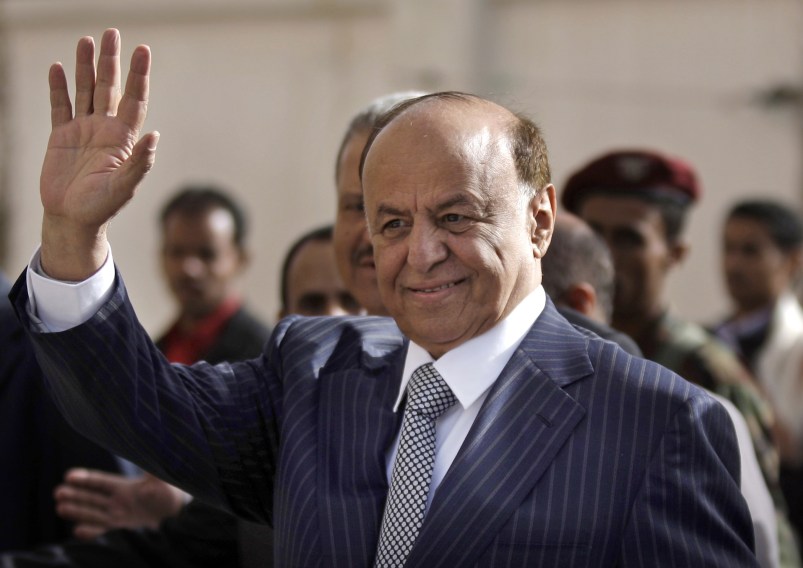Years from now, whoever we decide was right or wrong in the context of US politics and foreign policy, I imagine we will see the current history of the Middle East as a story unfolding from the 9/11 attacks to the US invasion of Iraq to the Arab Spring and then moving on to the current many-headed conflagration in Syria, Iraq, Libya and now Yemen.
Of course, history didn’t begin in 2001. The 9/11 attacks were umbilically connected to the Gulf War and the Afghan insurgency. And we can go back before that to the creation of the modern Arab state system, the collapse of the Ottoman Empire and more. But history has decisive turning points when contingent events shove building trends in dramatic directions. And I have little doubt that the disputed election of George W. Bush in December 2000, the cataclysmic 9/11 attacks a year later and the invasion of Iraq eighteen months after that, were just such a contingent and conjoined group of events.
But there’s one element of the story which many see as a negative but which I think is actually a positive development.
We now see this Saudi-led military operation in Yemen which is being joined by the Egypt and possibly other Arab states. Earlier, we saw the Jordanian attacks against ISIS after the immolation of their captured fighter pilot and the Egyptian strikes in Libya. Each of these broke the model of US-led operations supported by nominal or secondary contributions by allied Arab militaries. They were genuinely independent actions. In the new case of the Saudis in Yemen, it may go beyond merely independent action to acting in some sense with indifference to, or even an element of opposition to, US policy.
It is possible to see all of this as a slackening of US primacy and leadership in the region and weakening of US control. To some degree, it certainly is. And that poses real dangers to the US. But there’s also a positive element that I think is getting too little attention.
It is always dangerous when power and accountability are unchained from each other. In recent decades, we’ve had a system in which our clients look to us for protection, ask for military action of various sorts – but privately. And then we act, but always in the process whipping up anti-American sentiment, mixed with extremist religious enthusiasms, which our allies often, paradoxically, stoke or accommodate to secure their own holds on power. This is, to put it mildly, an unstable and politically toxic state of affairs. This does not even get into the costs to the US in blood and treasure.
There are pluses to the old or existing system. We control everything. Wars don’t start until we start them. But the downsides are obvious, as well. And nowhere has this been more clear than with the Saudis. The Saudis sell us oil; and they buy our weapons. We start wars to protect them, the reaction to which curdles in the confines of their domestic repression and breaks out in terrorist attacks against us. I don’t mean to suggest that we are purely victims here. We’re not. But it’s a pernicious arrangement.
This is why I think we should be heartened to see the Saudis acting on their own account, taking action on their own account for which they must create domestic support and stand behind internationally.
I don’t deny the dangers of all this. The US as the primary or sole military actor in the region has the obvious benefit of predictability and stability. What’s more, particularly in the Gulf and arc of states from Iraq into Lebanon, we are not talking about coherent states. And what we have here is in key ways not the emergence of responsible state actors, but underlying tribal and sectarian divisions bubbling up into a superimposed state system, threatening to tear the entire structure apart. Still, the old system bred irresponsibility on many levels, including a lack of responsibility and accountability from the existing governments in the region. For all the dangers and unpredictabilities involved with having the Saudis or in other cases the Egyptians stand up and take actions which they believe are critical to their security on their own account is better for everyone involved.









